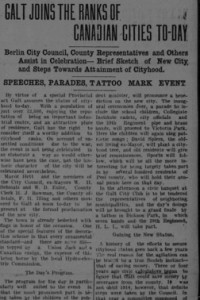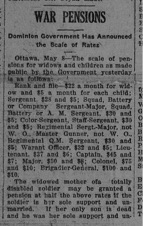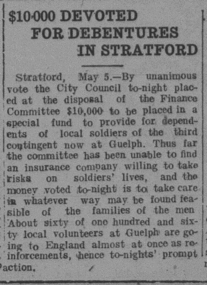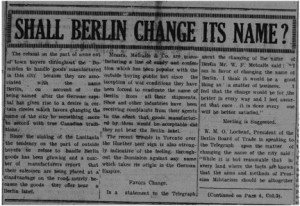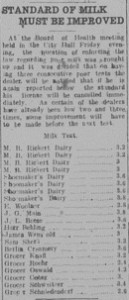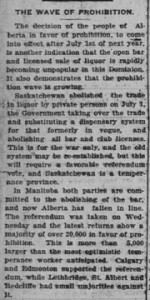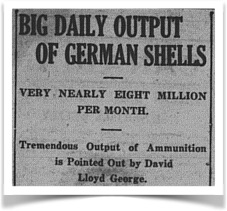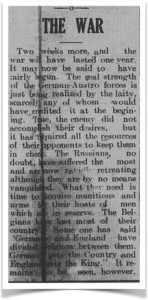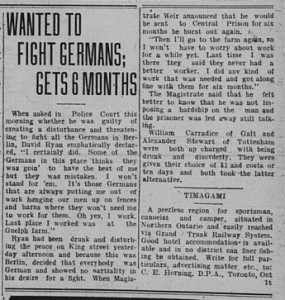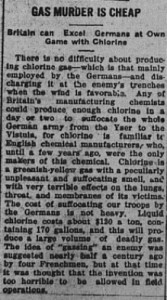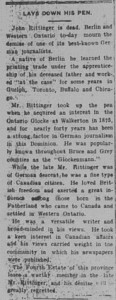By January of 1915, town councillors in Galt had already begun the necessary motions towards having their town recognized as a city. At first the plans were progressing smoothly, but in February they hit a snag. As the Berlin Daily Telegraph later reported, the “Scotch instinct” to save money had been the original motivation for Galt’s movement to become a city, and this met with resentment from members of the Waterloo County Council who represented other municipalities.
By becoming a city, Galt would leave the county jurisdiction and no longer pay taxes into it. Fearing this loss of revenue, several Waterloo County reeves objected to Galt’s removal from the county based on the fact that Galt only had a population of 12,000 and city status was usually not granted until a municipality contained 15,000 residents. A compromise was reached at a meeting held on February 3, in which Galt could become a city immediately, but would continue to pay county taxes until it grew to 15,000 residents. With that out of the way, Galt officially gained city status on June 1, 1915, roughly 99 years after its original founding in 1816. After Berlin, this made Galt the second municipality to reach city status in Waterloo County. The war put constraints on the new city’s celebration, but mild festivities were held throughout the day.
Berlin Daily Telegraph June 1, 1915.
Waterloo Chronicle Feb 4, 1915 and January 28, 1915.
